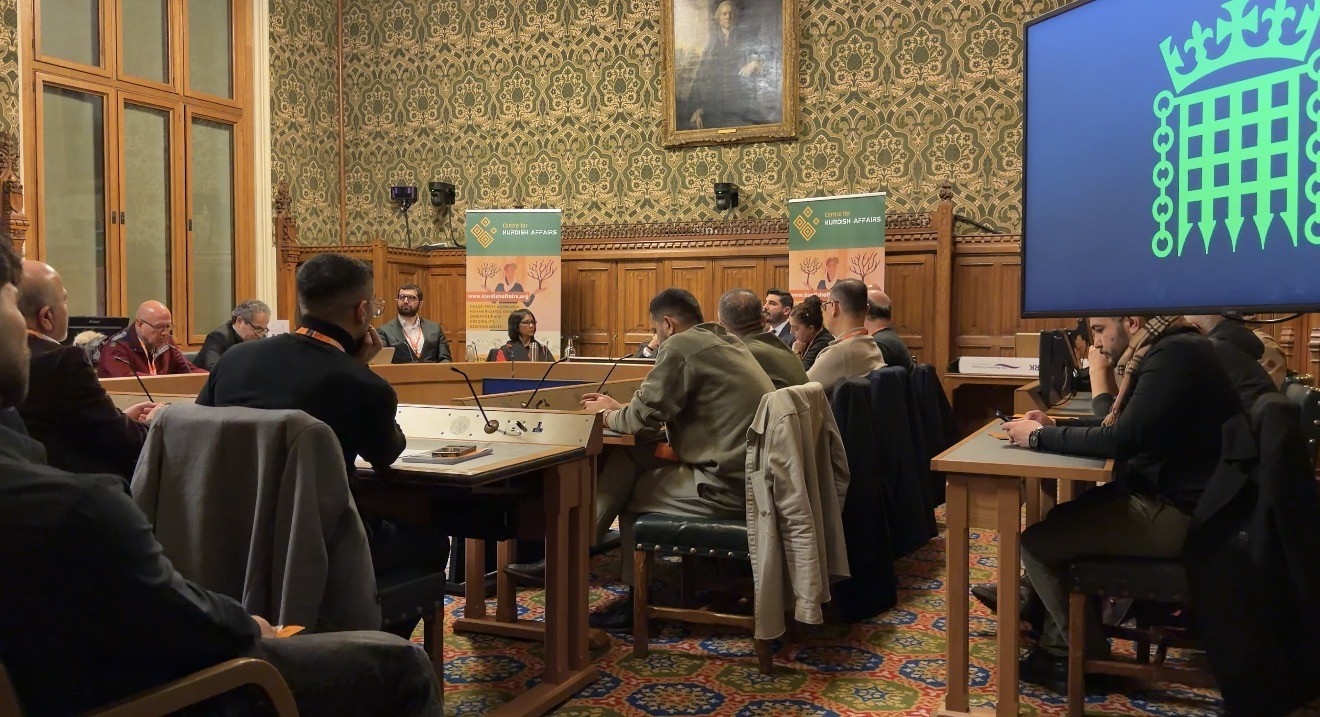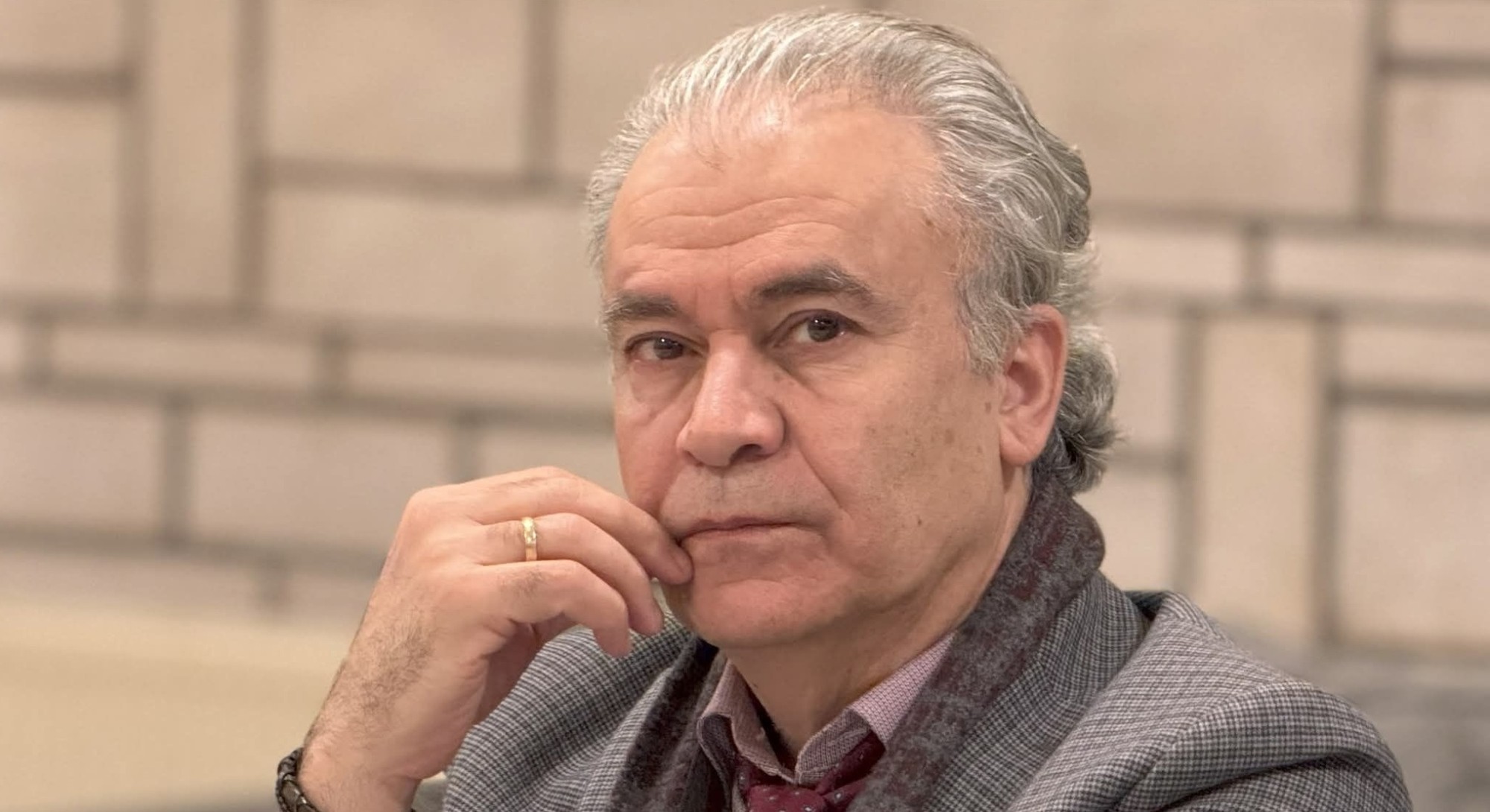In a press release on July 21, Germany’s Federal Government Commissioner for Human Rights Policy and Humanitarian Assistance Luise Amtsberg underlined that 10 years after the genocide, Sinjar – the home region of the Yezidis – is still not safe and that Germany is concerned over the delayed implementation of the 2020 Sinjar Agreement.
Amtsberg arrived in Baghdad on July 22 and is currently visiting the Kurdistan Region.
“Militia and attacks by regional players are destabilizing the area,” she noted. “What is more, the region remains contaminated with mines. The German Government’s main concern continues to be the reconstruction and the inclusive implementation of political solutions, for instance the Sinjar Agreement, with the active involvement of all parties concerned,” she wrote in a press release.
“The German Government supports the Iraqi Government and the Kurdistan Regional Government (KRG) as they tackle these key challenges.”
Pleased to have received a distinguished #German delegation led by Ms. Luise Amtsberg @DEonHumanRights , the German Federal Government Commissioner for Human Rights Policy and Humanitarian Assistance and @max_lucks , a member of the German @Bundestag.
— Rêber Ahmed (@RayberAhmed) July 23, 2024
Discussions centered around… pic.twitter.com/2dOhDaH6ws
In October 2020, Baghdad and Erbil signed the Sinjar Agreement with support of the UN in order to facilitate the return of displaced Yezidis. However, so far the agreement has not been implemented and militias continue to operate in Sinjar.
Additionally, she said that “following the Iraqi Government’s decision to close refugee camps, many people are faced with existential questions.”
Amtsberg on July 23 met with KRG Minister of Interior Rebar Ahmed Khalid, who underlined the KRG’s opposition to forced returns. Baghdad has previously announced its intention to close the internally displaced person (IDP) camps by July 30.
“Discussions centered around key issues of mutual concern, including the promotion and protection of human rights, humanitarian assistance, and the strengthening of bilateral cooperation in these areas,” Minister Khalid said in a post on X.
“We both underscored the shared commitment of our countries to advancing human rights and humanitarian efforts aimed at a voluntary and dignified return for IDPs and refugees in the Kurdistan Region.”
Amtsberg also said that the repercussions of the war that ISIS brought upon the entire region are still felt today.
“We are committed to fostering the country’s stability, enabling internally displaced persons to return and promoting reconstruction. Our number-one priority is to ensure that the Yezidis can live in dignity and security in Iraq.”
Amtsberg also underlined that the crimes of ISIS must be further prosecuted and investigated.
Read More: KRG Asks for Return of Evidence Collected by UNITAD
Iraq’s federal government has also announced its decision to end the UN Investigative Team to Promote Accountability for Crimes Committed by ISIS by September 2024, bringing a close to international efforts to investigate these crimes.

